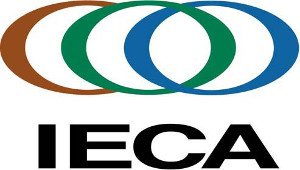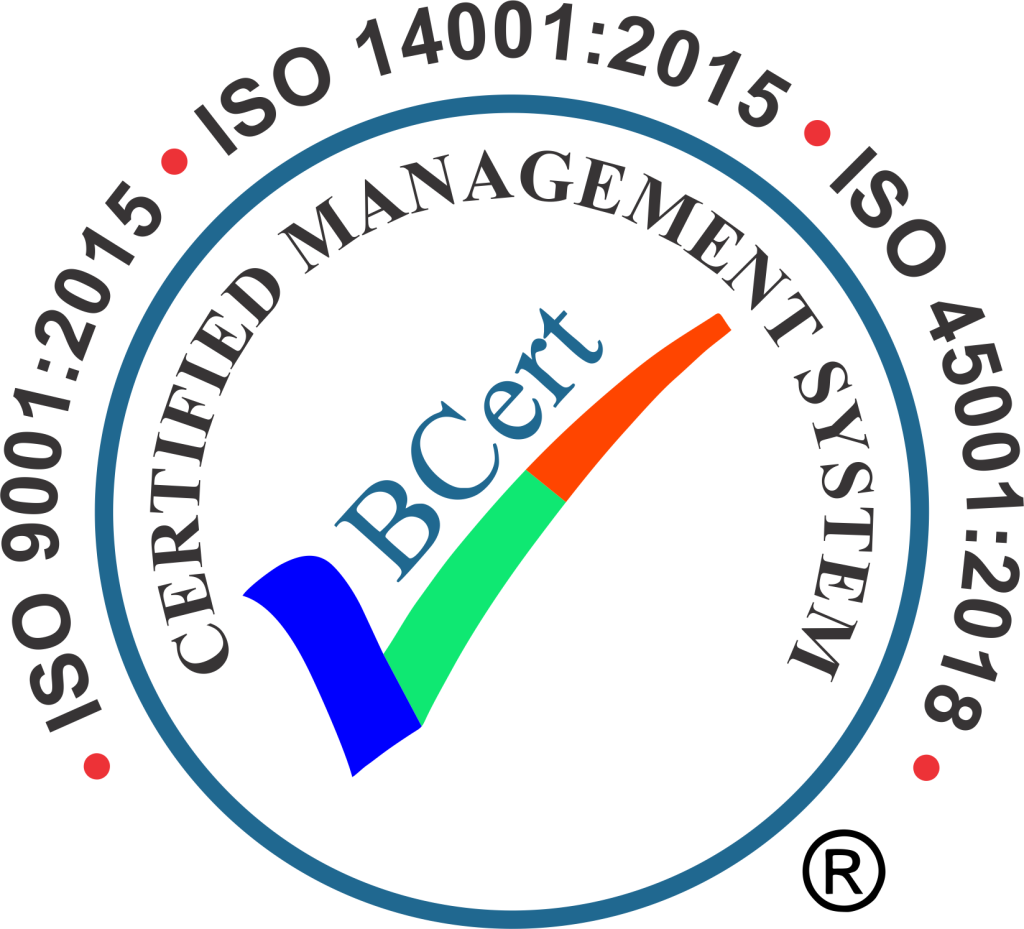Tree Pits and Rain Gardens
Both Tree Pits, Rain Gardens and Swales aid in the management of stormwater runoff, providing a way to remove pollutants before the water enters the waterways. Usually, Tree Pits and Rain Gardens are situated adjacent to roads or walkways. In addition to cleaning the water, Tree Pits and Rain Gardens also provide irrigation for trees and plants, reducing or eliminating the need for manual watering. Swales are similar to Rain Gardens but are used in steeper locations, where they tend to slow the flow of water with different devices filtering the water before it enters the stormwater system.
To survive an urban environment, trees need the right conditions to thrive into and beyond maturity. Trees have become an integral part of any modern Streetscape and modern city plan with mature and sometimes large trees in mind. Provision has to be made for trees to succeed and prosper, below ground, at the surface and above ground.
Trees not only provide above the ground visual appeal but are installed correctly, tree pits also collect stormwater runoff from paved areas or roads avoiding these pollutants from entering piped stormwater systems.
The Auckland Council, for instance, has strict guidelines on how tree pits are to be designed, constructed, and maintained. Evergreen Landcare has built numerous tree pits as part of our Streetscape services.
Drainage Works
Rain Gardens
New urban developments often reduce the area of permeable surfaces available for rainfall to drain away, due to the sealed nature of paved and concrete areas. These non-permeable surfaces also provide catchment for contaminants from the use of cars and general urban life.
Rain gardens provide an organic filtration medium to remove contaminants that can seep into the stormwater services, which negatively impact the ecological environment. This is done by engineered construction using materials and plants that catch and retain the contaminants.
Rain gardens also soften public areas with the choice of plants used in construction enhancing the natural environment.
Tree Pits
Often found in areas where larger gardens are not practical and the need for stormwater filtration is still necessary tree pits are then utilised. Smaller than rain gardens, and mostly utilising large specimens, tree pits are another method used for the filtration of contaminants and reduction of stormwater runoff into stormwater systems.
The permeable area that can be seen upon completion is normally only a small part of the works necessary to establish the trees
View Showcase
Hurtsmere Road Upgrade
Strata Cells
Strata cells have been developed and proven to increase the area available for tree establishment. They are plastic interlocking modules that once filled with structured soils, store and provides nutrients to the trees. This larger area available for root growth enables specimen trees to establish to their full potential and not stunting their growth.
Standard tree pits are limited in size due to the inability to pave directly over the topsoil. The strata cells are designed to enable pathways and driveways to be formed closer to the plant whilst retaining structural integrity for pavements.
Some of the Strata Cell projects Evergreen Landcare has been involved in are:
Otahuhu Mainstreet Upgrade
Teed St Upgrade
Westfield New Market Streetscape
Karangapahe Road Upgrade
Countdown Ponsonby Streetscape Upgrade
Victoria Park Market Streetscape upgrade
Street Tree Planting
Well, thought out street tree planting increases the appeal of amenity areas, transforming them from mere access routes into green spaces. Known to provide beneficial environmental elements and the public association of areas.
With the right plant choices street tree planting stores carbon, gives habitat to native fauna, and increase the air quality of surrounding areas.
More Civil Landscaping
Testimonials





